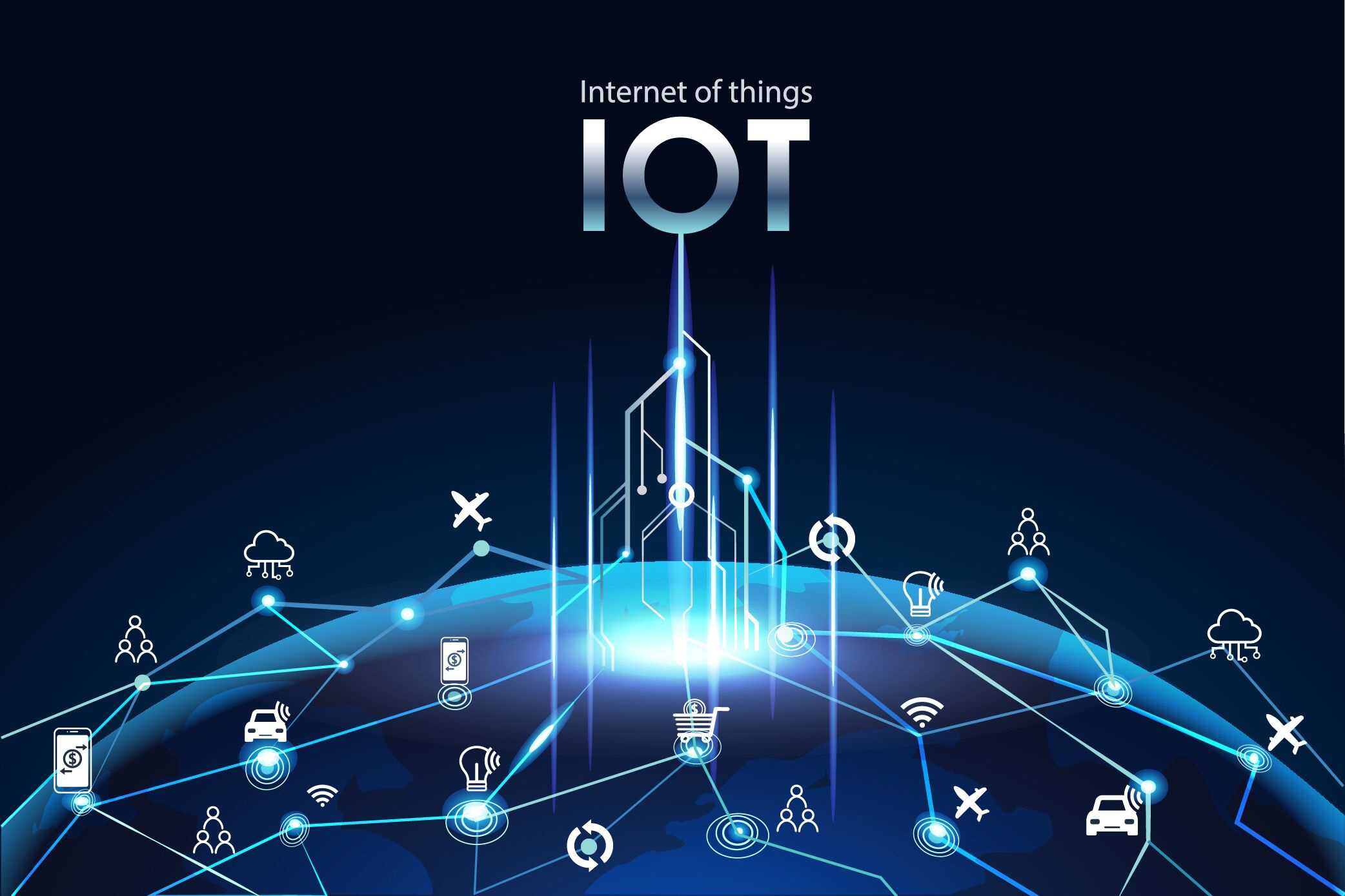
The Internet of Things (IoT) has revolutionized the way we interact with technology. It has transformed everyday objects into smart devices that can communicate and share data over the internet. In this article, we will explore the concept of the Internet of Things and its impact on our lives, businesses, and the world as a whole.
Understanding the Internet of Things:
The Internet of Things refers to the network of interconnected devices, objects, and systems that collect and exchange data through the internet. These devices, equipped with sensors and actuators, can communicate with each other and perform tasks without human intervention. This network enables seamless connectivity and data sharing, leading to increased efficiency and improved decision-making.
Transforming Industries and Businesses:
a. Smart Homes:
IoT has brought automation and convenience to our homes. From smart thermostats and lighting systems to security cameras and voice assistants, IoT devices have made our lives easier and more comfortable.
b. Healthcare:
IoT has revolutionized healthcare with devices like wearable fitness trackers, remote patient monitoring systems, and smart medical equipment. These devices enable better patient care, remote diagnostics, and real-time health monitoring.
c. Transportation and Logistics:
IoT has enhanced efficiency and safety in transportation and logistics. Connected vehicles, smart traffic management systems, and real-time tracking of shipments optimize routes, reduce fuel consumption, and improve overall logistics operations.
d. Manufacturing:
IoT has ushered in the era of Industry 4.0. Smart factories equipped with IoT sensors and robotics improve production efficiency, enable predictive maintenance, and enhance worker safety.
Impact on Society and the Environment:
a. Smart Cities:
IoT enables the creation of smart cities, where interconnected devices and systems enhance urban living. Smart energy grids, intelligent waste management, and efficient traffic control systems make cities more sustainable and livable.
b. Environmental Monitoring:
IoT devices help monitor and manage environmental conditions, such as air quality, water quality, and weather patterns. This data is crucial for making informed decisions and implementing effective environmental policies.
c. Agriculture:
IoT-based smart farming techniques optimize crop yield, conserve water, and reduce the use of pesticides. Sensors and automated systems monitor soil moisture, temperature, and crop health, enabling farmers to make data-driven decisions.
The Internet of Things has transformed the way we live, work, and interact with the world around us. It has connected devices, systems, and people, leading to increased efficiency, improved decision-making, and enhanced quality of life. As IoT continues to evolve, it is essential to address concerns related to data privacy, security, and interoperability to ensure a seamless and secure ecosystem. With the power of IoT, we can create a more connected, sustainable, and technologically advanced world.

